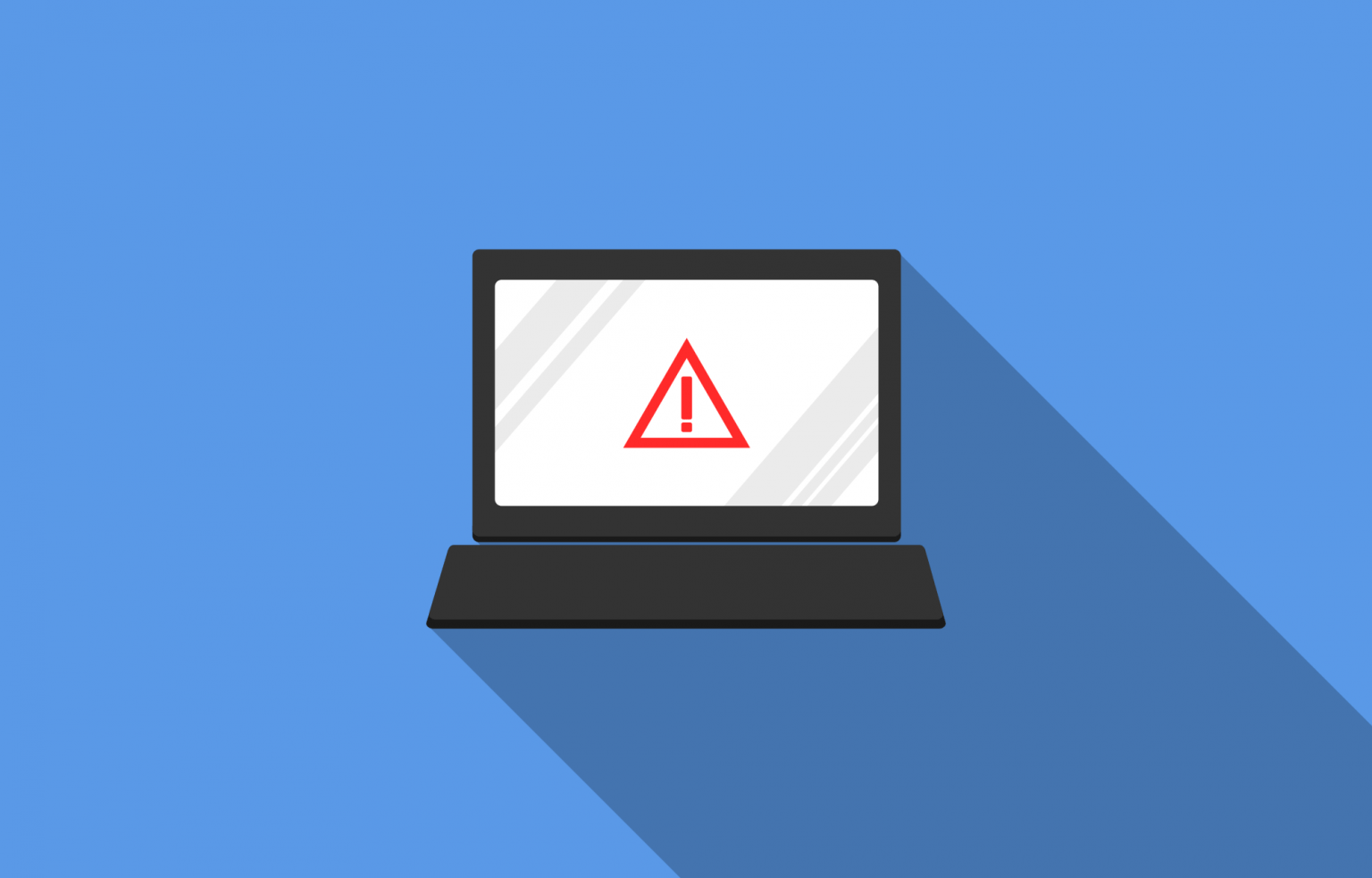Computer viruses can pose big problems for businesses in Maryland. Nearly 1 million threats appear every day.
Staying on top of these threats is a full-time job. If you’re not an IT expert, how can you possibly keep up?
If you’re in Montgomery County, our Bethesda IT Support Services can help, no matter what size your business is. Our experts look after your IT needs so you can take care of your own business.
The question is, how to know if you have a virus? Let’s look at some common signs of a computer virus.
Common Computer Virus Symptoms
Viruses can cause various problems, some more obvious than others. While some viruses are purely for “entertainment” most of them have more insidious purposes like stealing your usernames and passwords, making your computer part of a botnet, and sending spam email through your network.
If you see any of the following things happening on your office computers, there’s a good chance you’re infected with a virus. If that’s the case, our Break-Fix Service can diagnose the problem and get things cleaned up to minimize your downtime and/or data loss.
Unexpected Pop-Up Windows
Unexpected pop-up windows are a common sign of a virus infection, especially if they are completely unrelated to anything you’re working on.
Sometimes these pop-ups are advertisements but quite often they’re designed to look like an error message of some kind. Ironically, they’ll warn you that you’re infected by a virus and direct you to a website where it can be removed (for a cost, naturally).
Your Computer is Running Slowly
If your computer is running slower than usual, it can be a sign of a virus. This can happen for other reasons so sometimes restarting the PC will fix it.
If you restart and the performance is still noticeably slower than normal, a virus could be in play.
Unusual Hard Drive or SSD Access
Another common computer virus symptom is unexpected drive access. If you notice your computer is accessing the hard drive or SSD when you’re not actually working on anything, it could be a virus running in the background.
Your operating system will sometimes access the drive so this isn’t black and white but if you hear the drive spinning or see the access light flashing constantly when the system is idle, there’s a good chance it’s a virus.
Missing Storage Space
Related to the last symptom, if you notice your computer is running out of storage space and you haven’t saved anything that would use up the space, it could be due to a virus.
Like the performance symptom, if you notice this happening it’s a good idea to restart the system. If the space is being used by temporary files, this will clear them out. If you don’t get the missing storage space back, a virus might be at fault.
Files Going Missing
If you notice files go missing out of the blue and you’re sure you haven’t deleted something by mistake, it could be another sign. Mistakes can happen so if you only notice this once in a while, you or someone else who uses the PC might have deleted something by accident.
But if you notice it happening regularly, and you’re being careful not to delete anything important, a virus could be doing something that’s causing files to disappear.
Unusual Crashes or Error Messages
If your computer crashes regularly or you get random error messages, it could be due to a virus. A lot of viruses run in the background all the time, using up some of the memory and processing cycles of the machine. This can cause other applications or even the operating system itself to crash.
As we’ve already covered for a couple of symptoms, if you see this happening, restart your PC. If the problem continues, a virus may be the cause.
Excessive Network or Internet Activity
A lot of viruses send information out through the internet. They might be sending your data back “home” or they might be operating as part of a larger botnet. Whatever they’re doing, they create a lot of extra network traffic.
If you notice the lights on your internet router are flashing when you’re not actually using the internet or if you’re on a metered plan and your usage seems unusually high, it can be a warning sign.
People Receive Strange Email from Your Address
One of the more common types of virus sends spam email out through your network. Once the virus takes over your machine, it can send anything it wants as if it’s coming from you.
If your clients or friends start getting strange emails that appear to be coming from you, it can be a sign that you’ve got one of these spam viruses.
Strange Internet Browser Problems
Some viruses will affect your internet browser in particular. The point is to redirect you to particular websites or track your internet access in some way. You may find your home page gets changed to something without confirming it with you. Sometimes these types of viruses will also redirect you to different sites.
For example, you might run a search on Google and find yourself on a completely different website instead of the expected list of search results.
You might also notice new toolbars appearing that you didn’t install. If anything new appears without having installed something intentionally, it could be a virus.
What to Do If You See Any of These Signs of a Computer Virus
Now that you’re aware of how to know you have a virus, the question is what can you do about it?
Running antivirus and antispyware software can help but with the number of new viruses appearing daily, they can’t keep up with everything. And with the release of new computer viruses symptoms can change. Having an in-house IT department that can look after the cleaning and maintaining your computers would be nice but most companies don’t have those kinds of resources.
That’s where SADOS can help. Our IT services can help Bethesda businesses with virus cleanup as well as many other IT-related tasks. Computer downtime means lost revenue for your business and we’ll help you minimize that downtime.
We have a team of experts who are available 24 hours a day to help with your IT problems. Contact us today for your free managed IT consultation. We can do it over the phone or we can visit you in your office, whatever works best for you.




